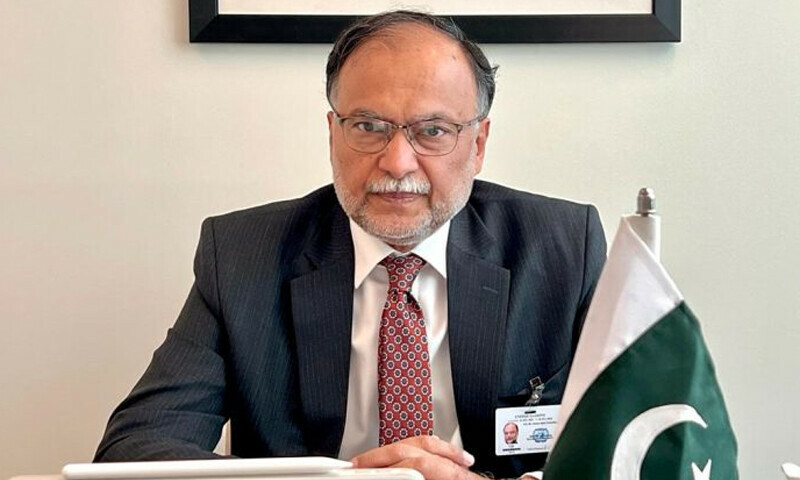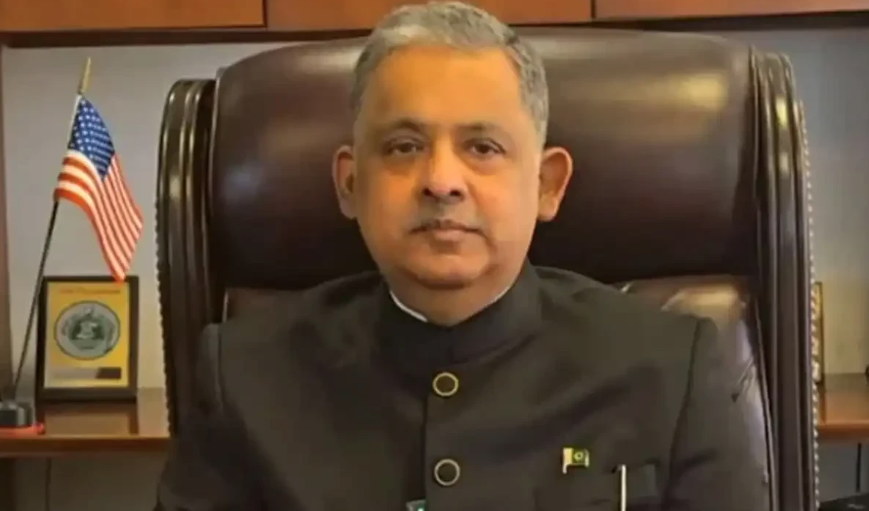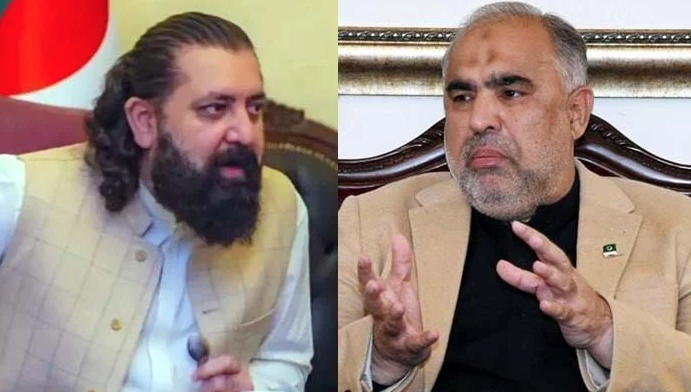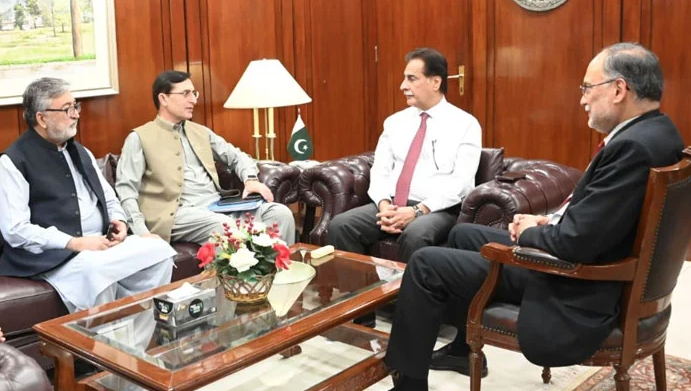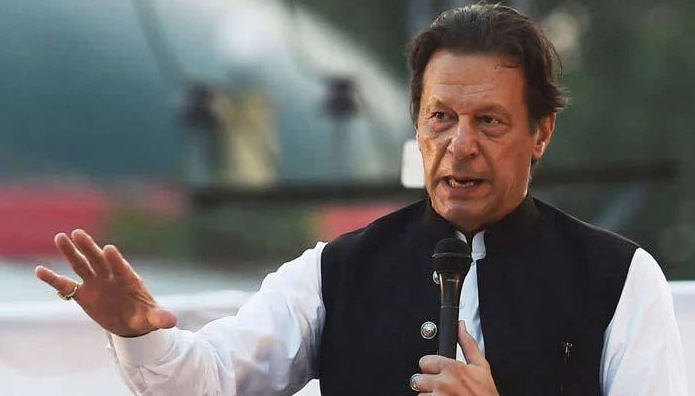POLITICS & POLICY MAKING
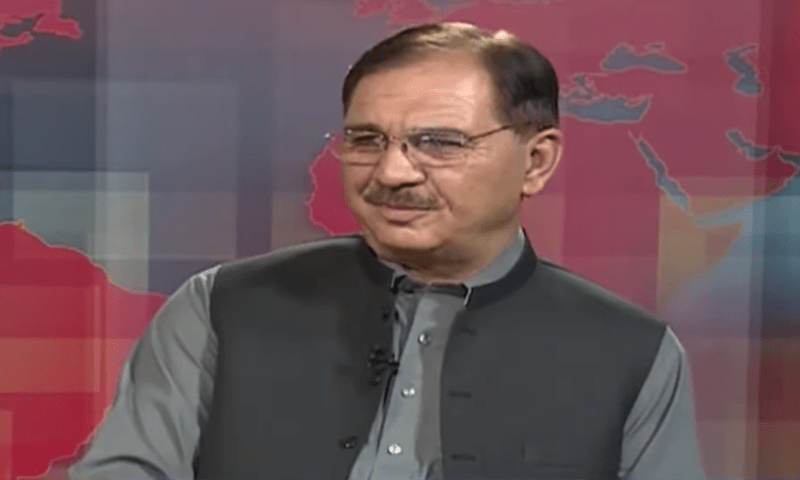
Amid growing tensions between India and Pakistan following the deadly Pahalgam attack and ensuing military escalation, Pakistan’s political leadership is rallying for unity on the international front. Pakistan Peoples Party (PPP) Secretary General Humayun Khan has voiced support for including all political stakeholders — including the opposition Pakistan Tehreek-e-Insaf (PTI) — in a diplomatic delegation set to represent Pakistan in key world capitals.
Speaking on DawnNewsTV’s programme Doosra Rukh on Friday night, Khan emphasized the need for national unity. “All stakeholders are welcome to get this country out of this crisis,” he said, when asked about PTI's potential involvement. He lauded Prime Minister Shehbaz Sharif’s decision to appoint PPP Chairman and former Foreign Minister Bilawal Bhutto-Zardari to lead the diplomatic mission. “We need to be on one page and fight the country’s case,” Khan added.
The diplomatic initiative follows a significant military flare-up between the nuclear-armed neighbors. After India launched a series of air strikes in Punjab and Azad Kashmir on the night of May 6-7 — allegedly in response to the Pahalgam attack — Pakistan retaliated by shooting down five Indian fighter jets. The conflict escalated further with intercepted drones and reciprocal strikes on airbases, before U.S. intervention on May 10 led to a temporary ceasefire.
In response to India’s ongoing aggressive rhetoric, Prime Minister Shehbaz Sharif announced the deployment of a high-level diplomatic delegation to expose what Islamabad calls “Indian propaganda” regarding the Pahalgam incident and military escalation. The delegation is tasked with engaging key international partners in London, Washington, Paris, and Brussels to present Pakistan’s case for peace and counter India’s disinformation campaign.
The delegation, led by Bilawal Bhutto-Zardari, includes prominent figures such as Climate Change Minister Dr. Musadik Malik, former foreign ministers Khurram Dastgir and Hina Rabbani Khar, Senators Sherry Rehman and Faisal Subzwari, and senior diplomats Tehmina Janjua and Jalil Abbas Jilani. On Friday, Bilawal, Rehman, and Khar met with PM Shehbaz to seek strategic guidance ahead of the visits.
Meanwhile, India has launched its own diplomatic counteroffensive, announcing seven all-party delegations to visit key global capitals, including members of the UN Security Council, to project India’s national consensus on terrorism and regional security.
As diplomatic fronts open across both nations, Pakistan’s emphasis on unity and inclusive representation — even extending to political rivals like PTI — marks a rare moment of consensus in a usually polarized domestic landscape.
